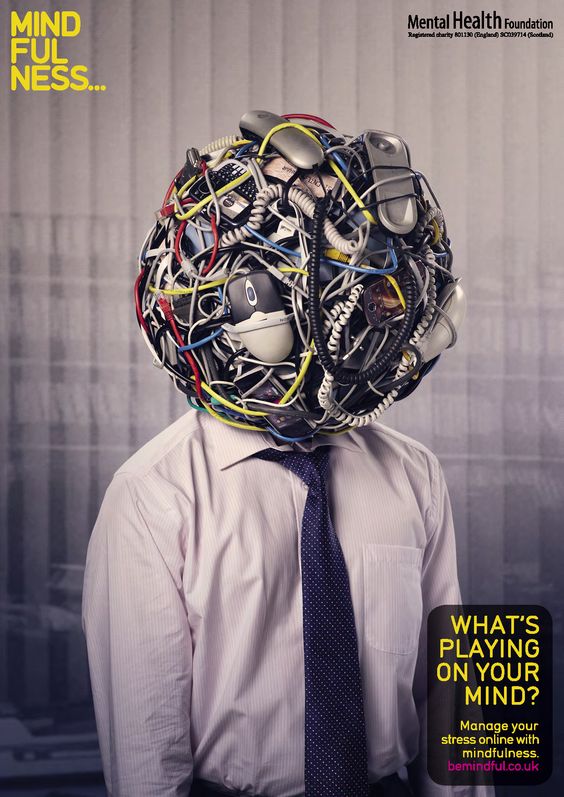Services Offered by Alcohol Treatment and Rehab Centers

Most people are struggling with a form of drug addiction. Alcohol addiction, for instance, is quite common, considering that more than 5% of adults struggle with a kind of alcohol use disorder. Some people might seek help, while a good number might avoid treatment altogether.
Alcohol Rehabilitation
In most instances, the rehabilitation process starts the moment you check into the facility. In most facilities, the staff members available will be more than ready to interview the patient by either conducting an interview or questionnaires. The essence of conducting this interview is to find more about the patient, the nature of their addiction, and any other underlying condition that needs some attention.
Detox and Withdrawals
After checking in, the next thing in any treatment plan is to go for a detox. During the detox period, the concerned individual will undoubtedly struggle with some withdrawal symptom, though their severity of the withdrawals varies depending on the nature of alcohol addiction.
Behavioral Therapy
Alcohol addiction comes with some behavioral challenges. In an attempt to change the behavior of an individual, caregivers start by understanding the motivation between some behaviors in the individual and alcohol addiction. It becomes a lot easier for people to overcome their negative-behaviors by understanding the triggers. In light of this, here are some common types of therapies that are offered in rehab centers.
- Cognitive Behavioral Therapy: This type of therapy is meant to help people change by understanding their thought process. Ideally, this type of treatment makes it easy for them to master their behavioral triggers, interrupt them, and substitute them with positive behaviors.
- Dialectical Behavioral Therapy: This type of therapy is recommended to individuals with dual diagnoses. If one suffers from alcoholism and any other disorder, dialectical behavior therapy seeks to correct the adverse effects of addiction through motivation enhancement and behavioral skills.
- Interpersonal therapy: Some rehab centers go out of their way to build social networks and critical support structures that are key in moderating some behavioral effects of alcohol addictions such as loneliness and emotional deterioration.
The type of therapy prescribed to any patient is often informed by the nature of the addiction and some personal attributes. Besides disconnecting to some common triggers and providing some mental support, rehab professionals support you through the way to avoid the possibility of a relapse.

